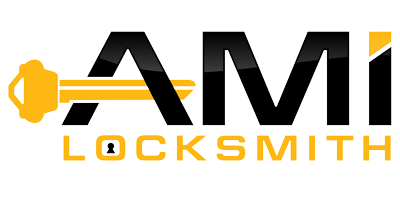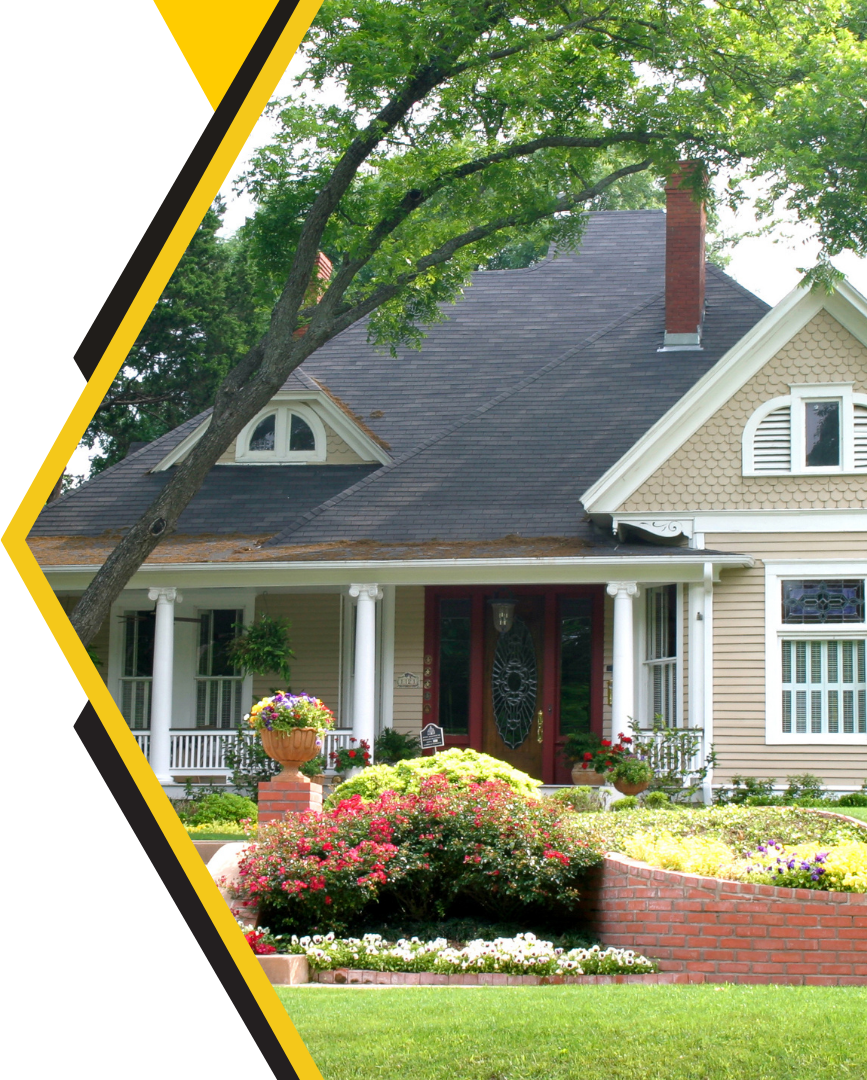Residential locksmithing has transformed far beyond the traditional role of simply fixing or replacing locks. It’s a field that continues to adapt to the evolving security needs of homeowners. While standard services like lock installation, repair, and rekeying remain essential, there’s a growing emphasis on providing comprehensive home security solutions. Many homeowners seek guidance on upgrading outdated locks, integrating smart technology, and creating layered protection for entry points. This shift means that the service isn’t just about keys and locks anymore—it’s about ensuring the entire home is equipped to handle modern security challenges.
Over the years, the focus has expanded from quick fixes to personalized security assessments, where each door and access point is evaluated to determine potential weaknesses. In many cases, it’s not simply about repairing a single lock but about upgrading the system to deter potential threats. For example, rekeying is now frequently paired with consultations on which smart or high-security locks might be a better long-term solution. This approach reflects the changing mindset of homeowners who want convenience without sacrificing protection.
The addition of advanced locking mechanisms has also introduced new considerations for homeowners. Factors like durability, battery life for electronic systems, and integration with other devices all influence the decision-making process. Many people are now weighing the benefits of investing in these systems compared to sticking with traditional hardware, leading to a surge in requests for professional advice.
The Role Of Modern Technology
One of the biggest advancements in residential security is the introduction of smart locks. These devices allow for keyless entry, remote access, and integration with other home systems like alarms and cameras. For families with busy schedules or frequent visitors, the ability to control access via smartphones or temporary codes has become a game-changer. This technology not only enhances convenience but also creates detailed records of who enters and exits, adding another layer of awareness.
Emergency lockout assistance has also evolved thanks to these technological advancements. Instead of being limited to traditional lock-picking methods, professionals now work with electronic systems that require both technical skill and digital expertise. This blend of old-school mechanics and new technology is pushing the industry into an exciting era, offering homeowners solutions that combine security with modern convenience.
Additionally, smart lock systems often require regular firmware updates and compatibility checks with other connected devices. Without professional knowledge, homeowners may overlook critical updates that keep these systems functioning securely. The increasing complexity of these devices highlights how the role of professional locksmithing has shifted from a purely mechanical service to one that also demands digital proficiency.
Moving Away From Certain Services
Interestingly, some traditional locksmithing services are starting to phase out due to the rise of advanced systems. Mechanical locks that were once standard are being replaced with digital or biometric options, reducing the demand for older lock models and certain repair techniques. As homeowners transition to these new solutions, the industry naturally shifts focus, gradually removing or limiting services that no longer align with current needs.
This transition doesn’t mean older solutions are completely obsolete, but rather that homeowners are gravitating toward streamlined, tech-oriented systems that provide more control and flexibility. For example, while key duplication and basic repairs are still available, there’s a clear emphasis on upgrades, replacements, and digital enhancements that offer a longer-term advantage. It’s a reflection of how security expectations have changed over the past decade.
The phasing out of outdated services is often accompanied by increased demand for hybrid systems that blend mechanical strength with electronic features. This middle ground gives homeowners the familiar reliability of physical locks while offering the added perks of remote management. It’s this adaptability that continues to define the modern approach to residential locksmithing.
Why Professional Expertise Still Matters
Despite the rise of DIY solutions and accessible smart devices, professional guidance remains crucial. Proper installation is key to ensuring locks function as intended, and even a small mistake during setup can lead to serious security gaps. Beyond installation, professionals bring a deep understanding of how different products work together, helping homeowners avoid costly mismatches or compatibility issues.
Moreover, home security assessments—something many people overlook—are vital for understanding vulnerabilities that go beyond the front door. A trained professional can spot weak points in windows, garages, or side entrances that a homeowner might not think about. This expertise ensures that every aspect of the home is considered, rather than focusing on a single area.
Another important point is maintenance. Smart locks and mechanical systems alike require routine upkeep to function properly over time. From ensuring firmware is current to replacing worn components, professionals can extend the lifespan of these systems and prevent small issues from turning into major security concerns. Their insight often includes recommendations tailored to a homeowner’s specific property layout, making the service highly personalized.
Residential locksmithing is no longer just about keys and locks—it’s about creating an integrated security experience that matches the pace of modern life. While certain traditional services are being phased out, the focus on smart solutions, emergency assistance, and personalized assessments continues to grow. At Ami Locksmith, we’re committed to helping homeowners navigate this evolving landscape. Whether you’re looking to upgrade to the latest smart lock, need a thorough evaluation of your current security setup, or have questions about the services we offer, we’re here to help. Contact us today to schedule a consultation or learn more about how we can keep your home protected.
Frequently Asked Questions About Residential Locksmith Services
Q1. What’s The Difference Between Rekeying And Replacing A Lock?
A1. Rekeying involves altering the internal components of a lock so that it works with a new key, while replacing a lock means removing the entire hardware and installing a new one. Rekeying is often preferred when the hardware is still in good condition but the keys need to be changed for security reasons, such as after moving into a new home. Replacing, on the other hand, is ideal when the existing lock is damaged, outdated, or when you’re looking to upgrade to advanced options like smart locks.
Q2. How Do Smart Locks Improve Home Security Compared To Traditional Locks?
A2. Smart locks provide advanced features like remote access, temporary access codes for guests, and integration with home security systems. Unlike traditional locks, they can alert homeowners when someone attempts entry and even keep a digital log of who comes and goes. This convenience is paired with robust security protocols, often using encryption and two-factor verification to reduce risks associated with lost keys or unauthorized duplication.
Q3. When Should A Homeowner Consider A Professional Security Assessment?
A3. A professional assessment is recommended whenever there’s a major change to a property—such as after renovations, purchasing a new home, or experiencing a break-in. These assessments identify potential weak points, like unsecured back doors or outdated locks, that could make the home vulnerable. They also provide insight into modern upgrades and layered security measures that homeowners might not consider on their own.


